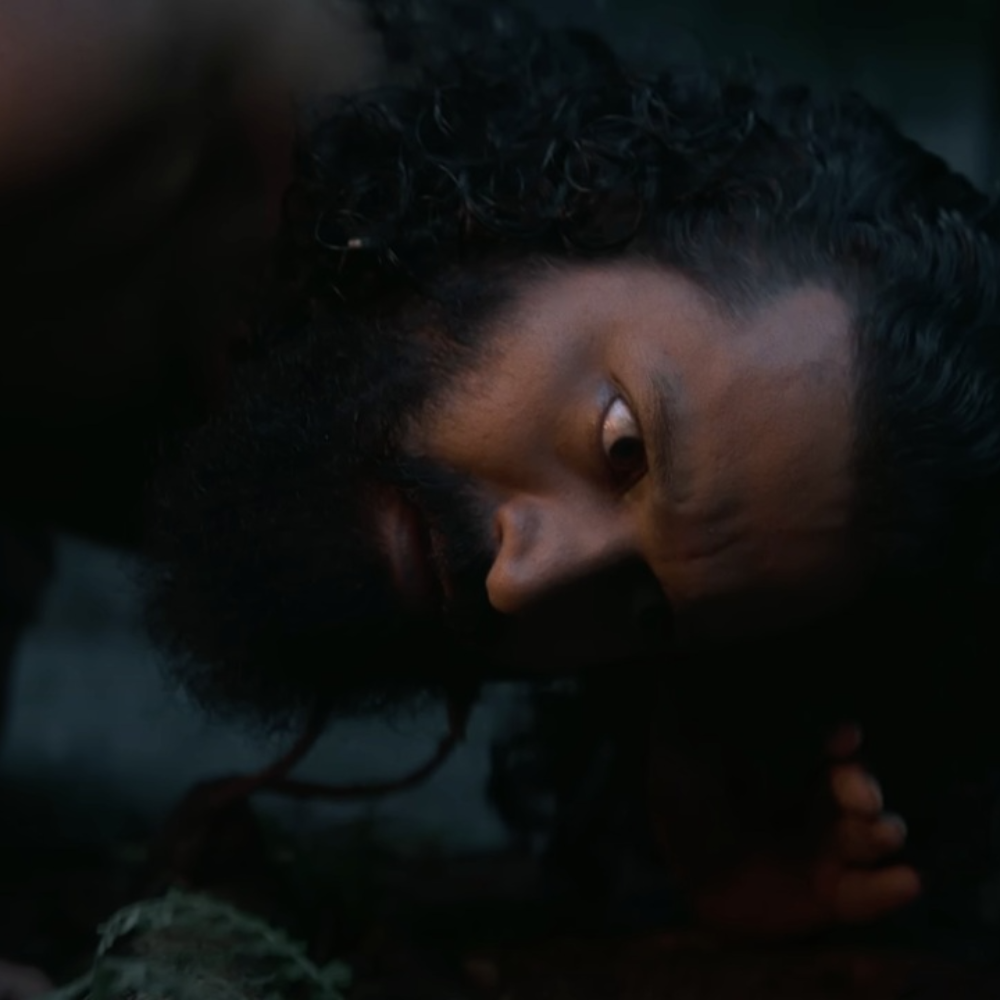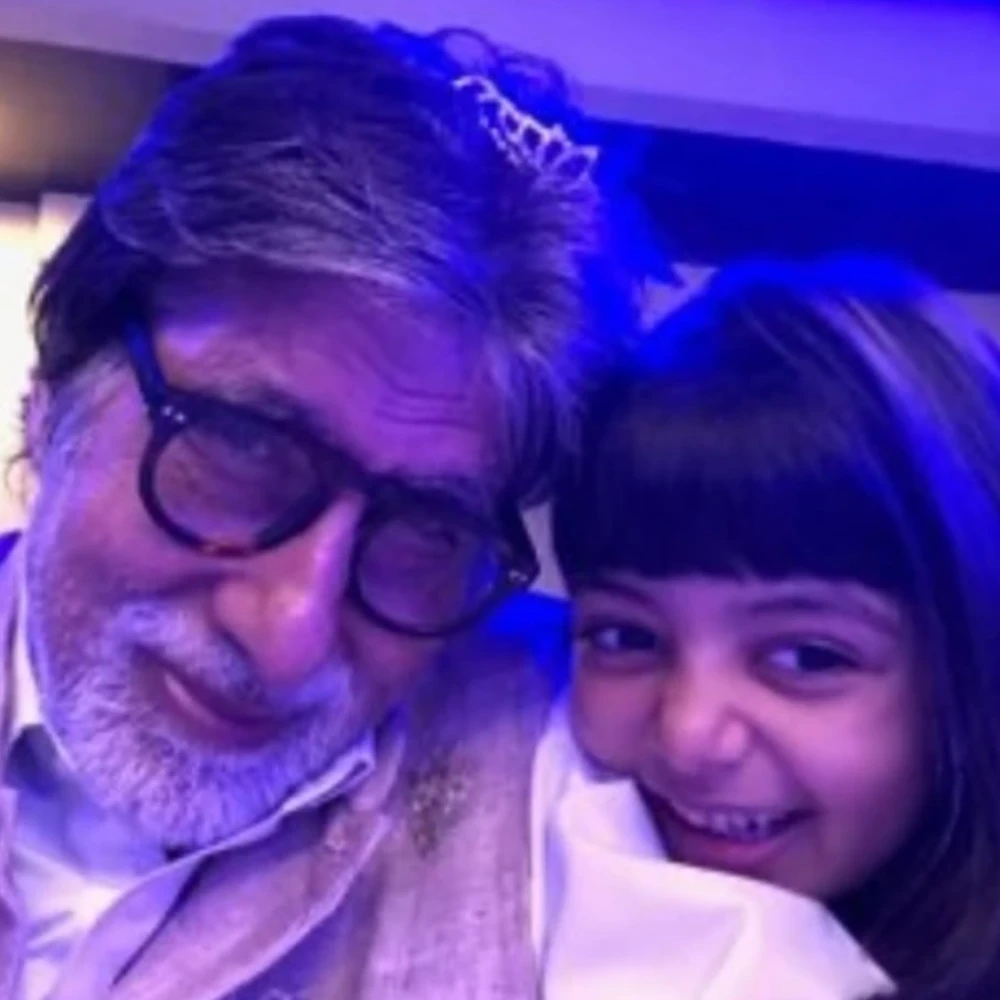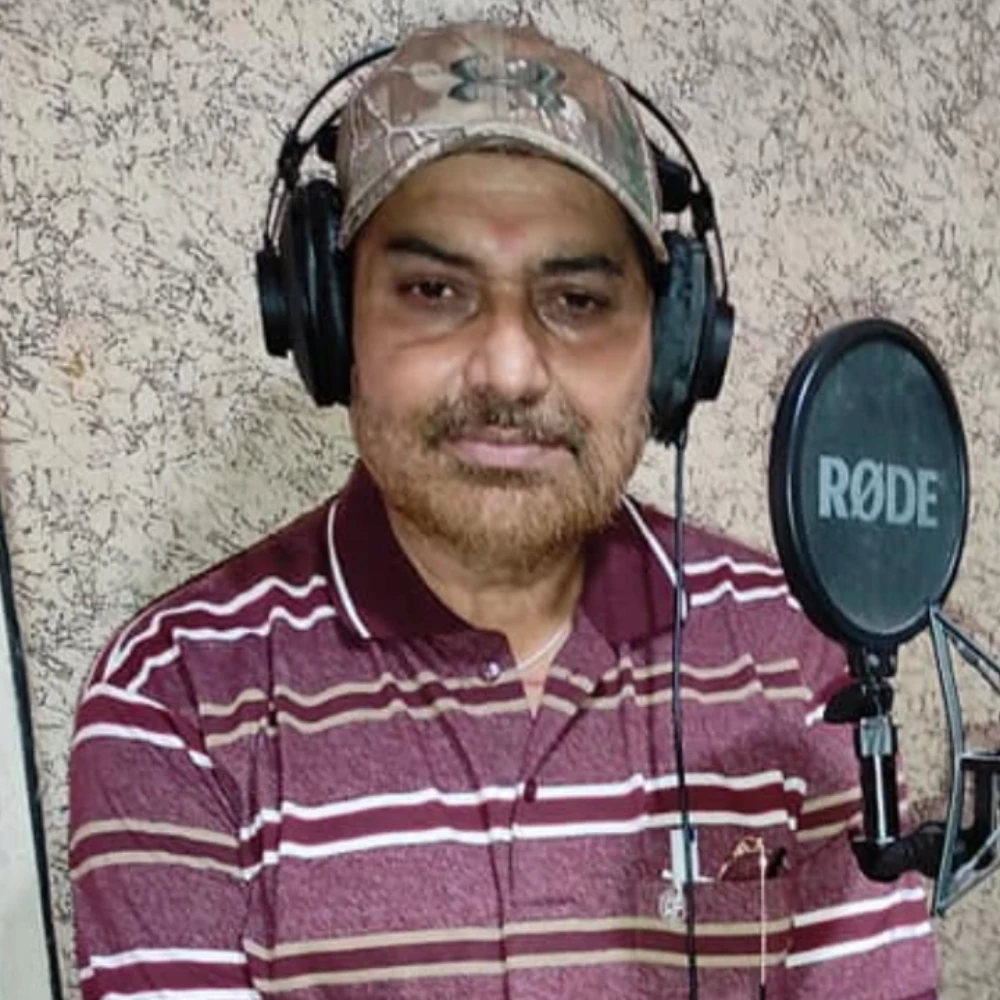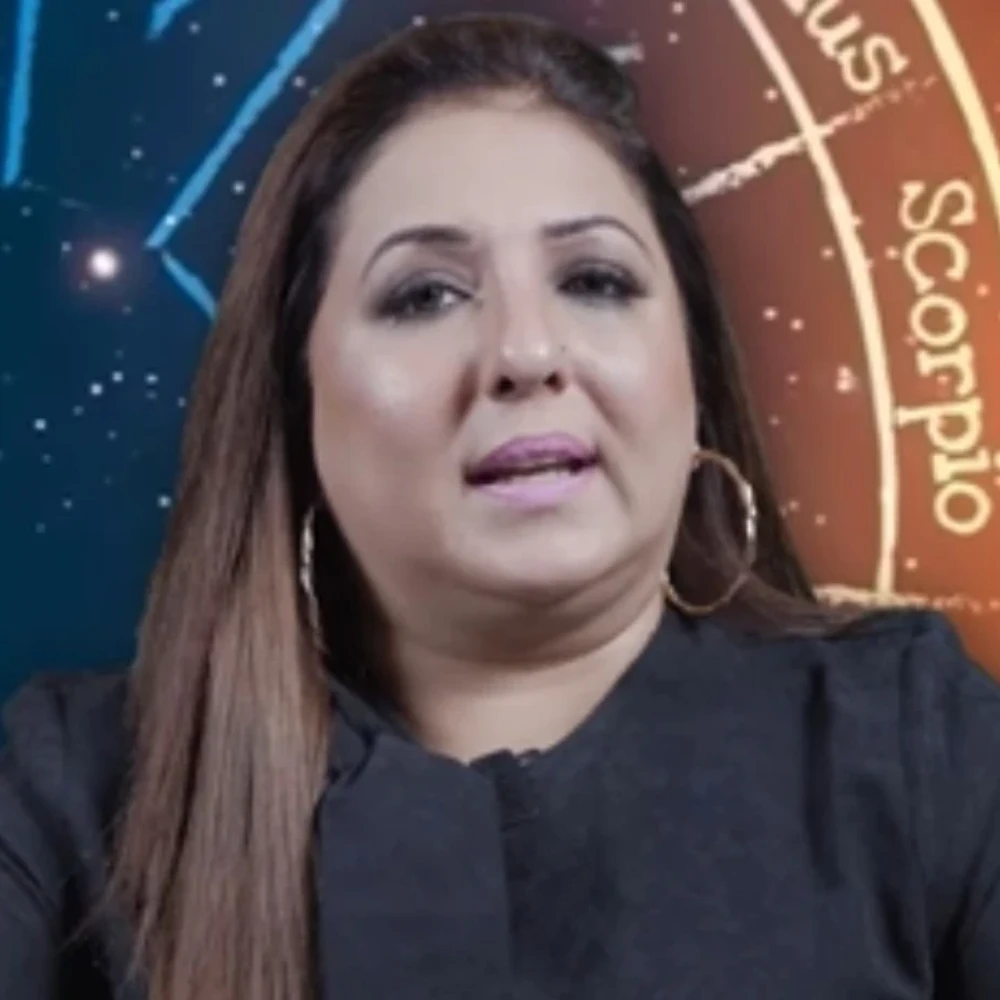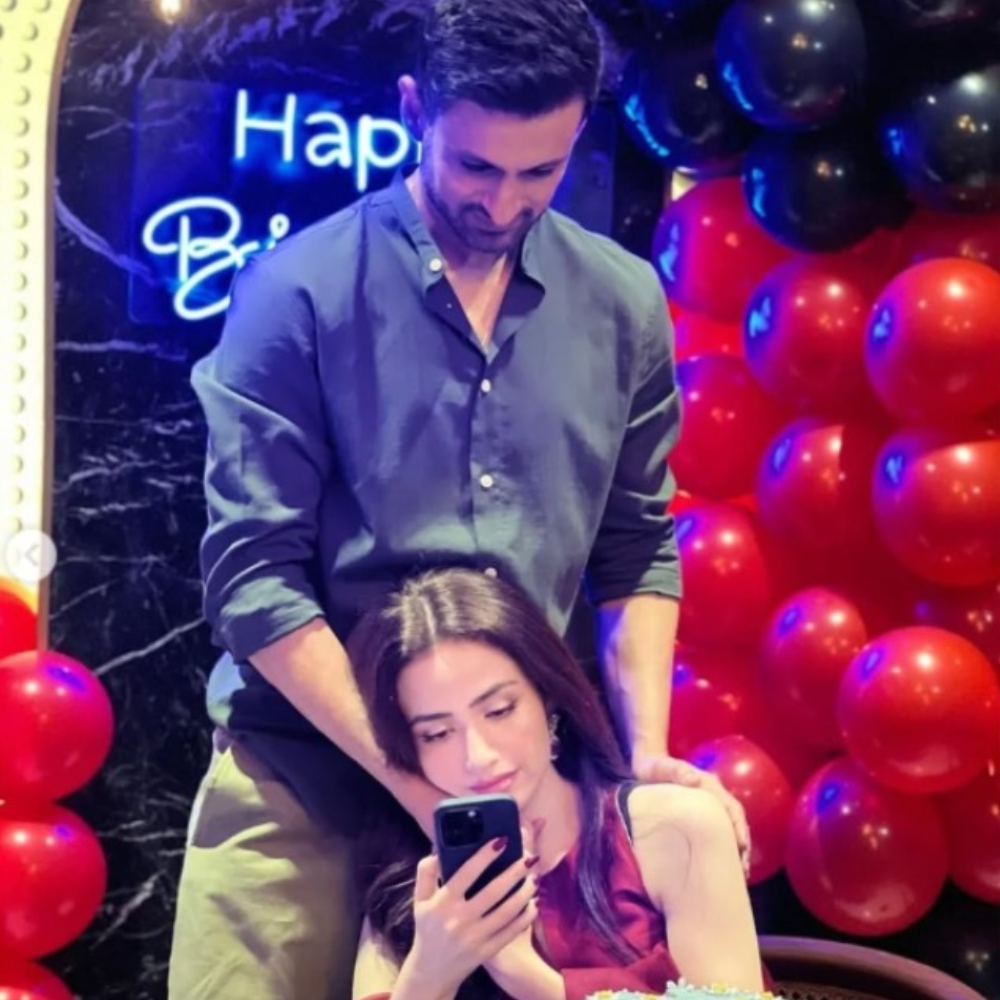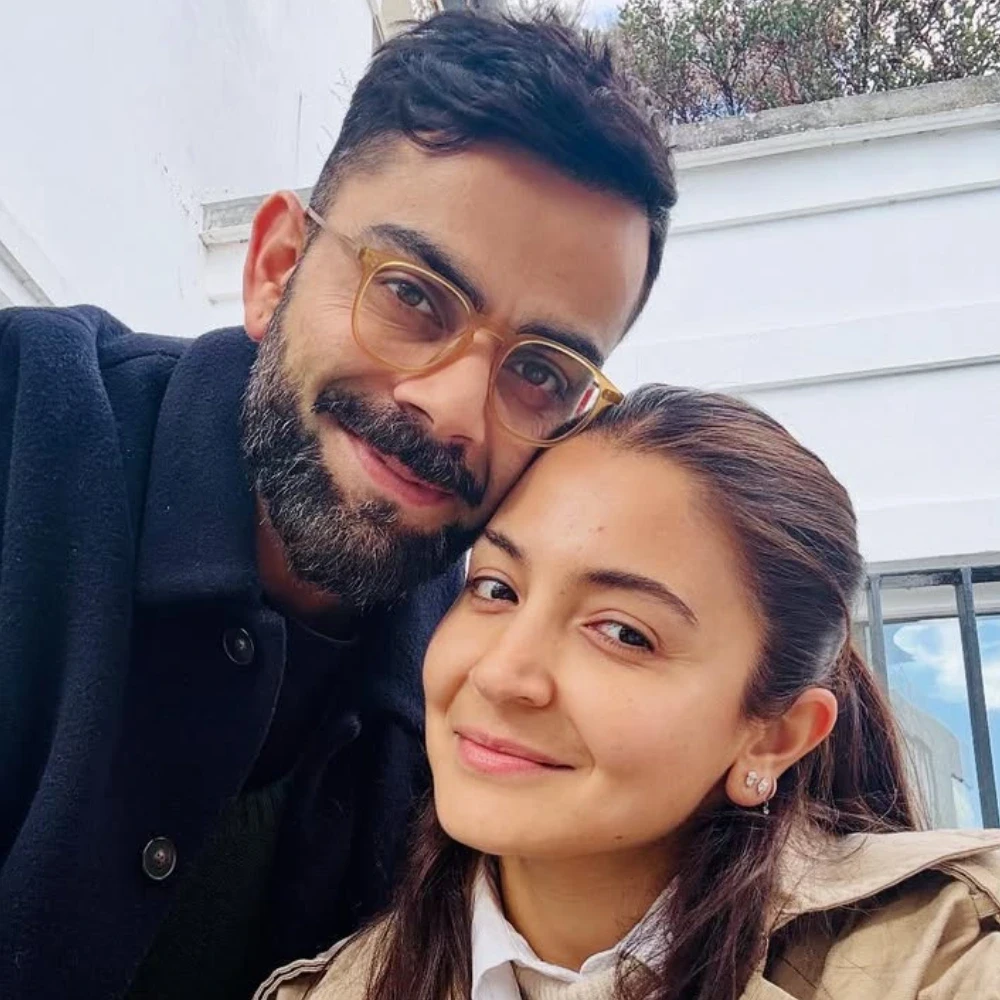Drew Barrymore Opens Up On The Original Ending Of Adam Sandler Rom-Com 50 First Dates; DEETS
Drew Barrymore, known for her role in the rom-com 50 First Dates, recently shared that the film almost had an alternate ending. Released in February 2004, it is based on a true story.

Some romantic films in Hollywood remain evergreen even years after their release. Drew Barrymore, known for her role in the 2004 rom-com 50 First Dates, recently shared that the film almost had a different ending compared to the usual one.
During a recent episode of The Drew Barrymore Show, the actress revealed to Drew’s News contributor Ross Matthews that 50 First Dates originally titled 50 First Kisses was initially written as a drama set in Seattle.
While the final version of the film ends with Whitmore regaining her memory after watching a videotape made by Roth and later reuniting with him and their daughter, the original conclusion is not very happy.
In the original ending, Whitmore tells Roth, “You should go and live your life because this is no life here,” Barrymore recalled. Roth then leaves but returns later, walking into the restaurant and simply saying, “Hi, I’m Henry.” The film concluded with this scene.
Released in February 2004, 50 First Dates grossed $198.4 million at the global box office. The movie won Barrymore and Sandler a People’s Choice Award for favorite on-screen chemistry.
The movie, 50 First Dates offered a romantic perspective on neurological injury ( Lucy Whitmore in the film has amnesia). It showcased love as a force that is capable of creating new beginnings especially after someone's life changes after a tragic accident.
According to Collider, It was loosely based on a true story. Michelle Philpots is a woman in Lincolnshire, who wakes up every day believing it’s 1994. Much like Lucy, from the film 50 First Dates, Philpots was involved in accidents that left her with a distinctive type of amnesia.
The first accident came in 1985, and the second came in 1990. She also suffered from head trauma and was diagnosed with Epilepsy due to the trauma.
Eventually, her memory just gets frozen in 1994 and every day she believes it to be the same year. This is unlike Lucy, in the film whose memory resets every night when she sleeps, Michelle’s memory loss works a little differently. She does forget what happened every day, and that doesn’t change, but sometimes her memory loss can occur within minutes.





 JOIN OUR WHATSAPP CHANNEL
JOIN OUR WHATSAPP CHANNEL






